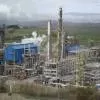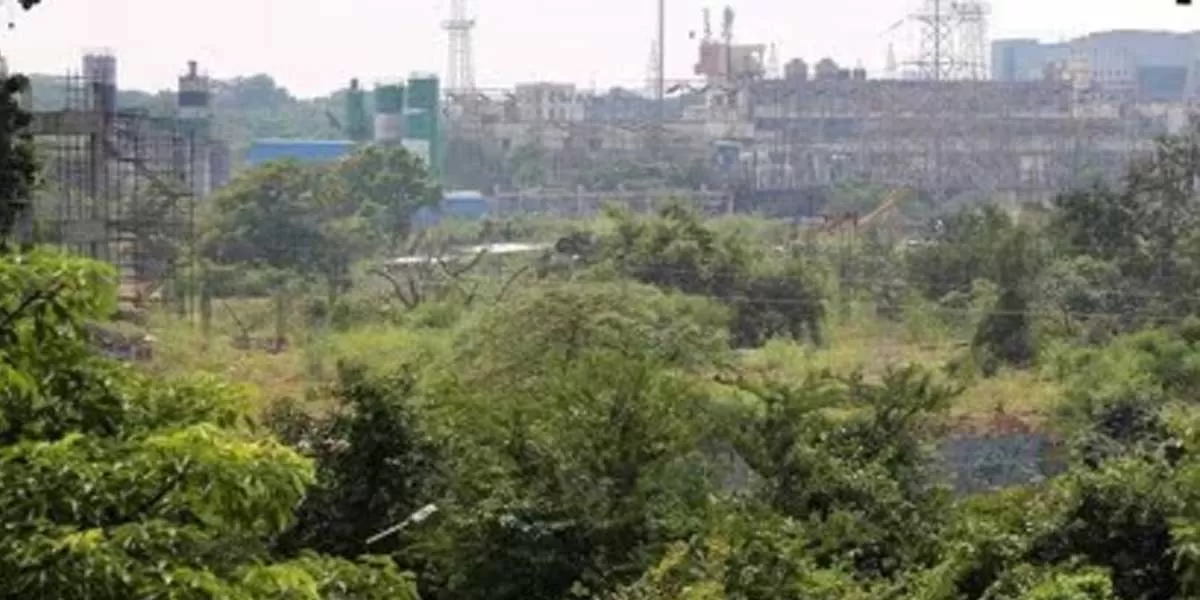
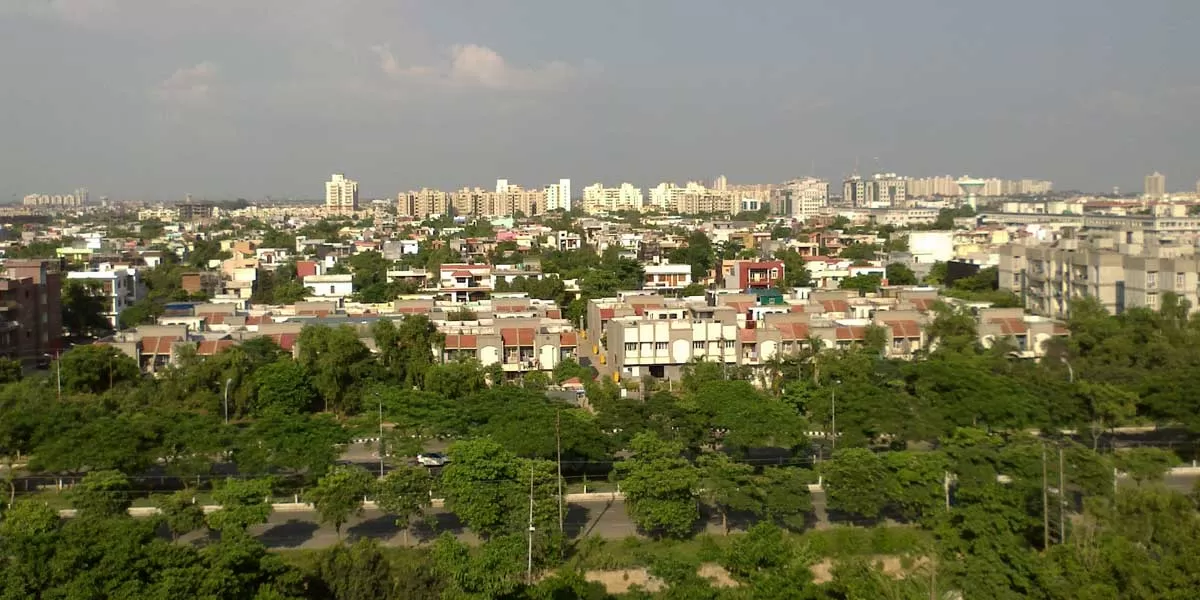
Greater Noida to Build 750-Acre Smart Industrial Township
Aiming to provide enhanced safety, an efficient traffic management system and seamless delivery of essential services through advanced technology, a new integrated industrial township covering nearly 750 acres will be developed near the Noida International Airport. Officials stated that smart city-like features will be implemented, with all civic services operated through a centralised digital system. “A modern Command and Control Centre will be established to monitor and manage key services such as electricity, water, waste, traffic and security. Around 140 high-definition CCTV and Automat..
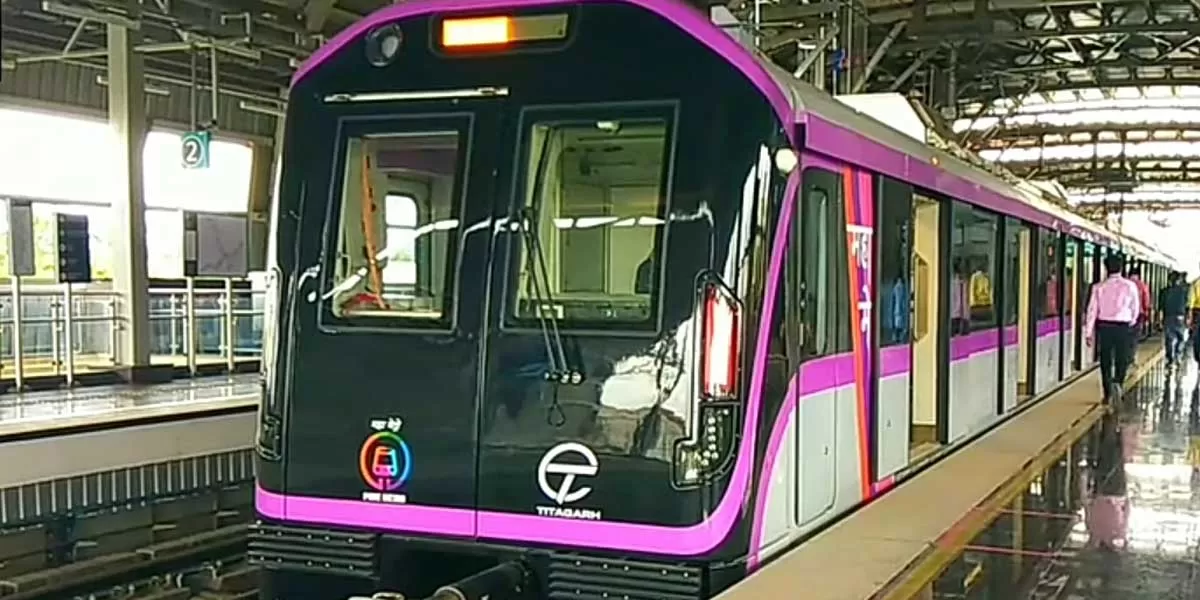
State to Fund 2 New Stations on Pune Metro’s Swargate-Katraj Line
The Pune Metro project has received a major boost, as the state government has committed to funding the additional cost of Rs 6.83 bn for two newly proposed stations—Bibwewadi and Balaji Nagar—on the Purple Line’s Swargate to Katraj extension. This 5.464-kilometre underground corridor is part of Pune Metro’s ongoing expansion efforts. The proposal for the two stations was originally put forward in January 2025 by Maharashtra’s Urban Affairs Minister, Madhuri Misal. The inclusion of Bibwewadi and Balaji Nagar stations aims to alleviate persistent traffic bottlenecks in the city, offe..
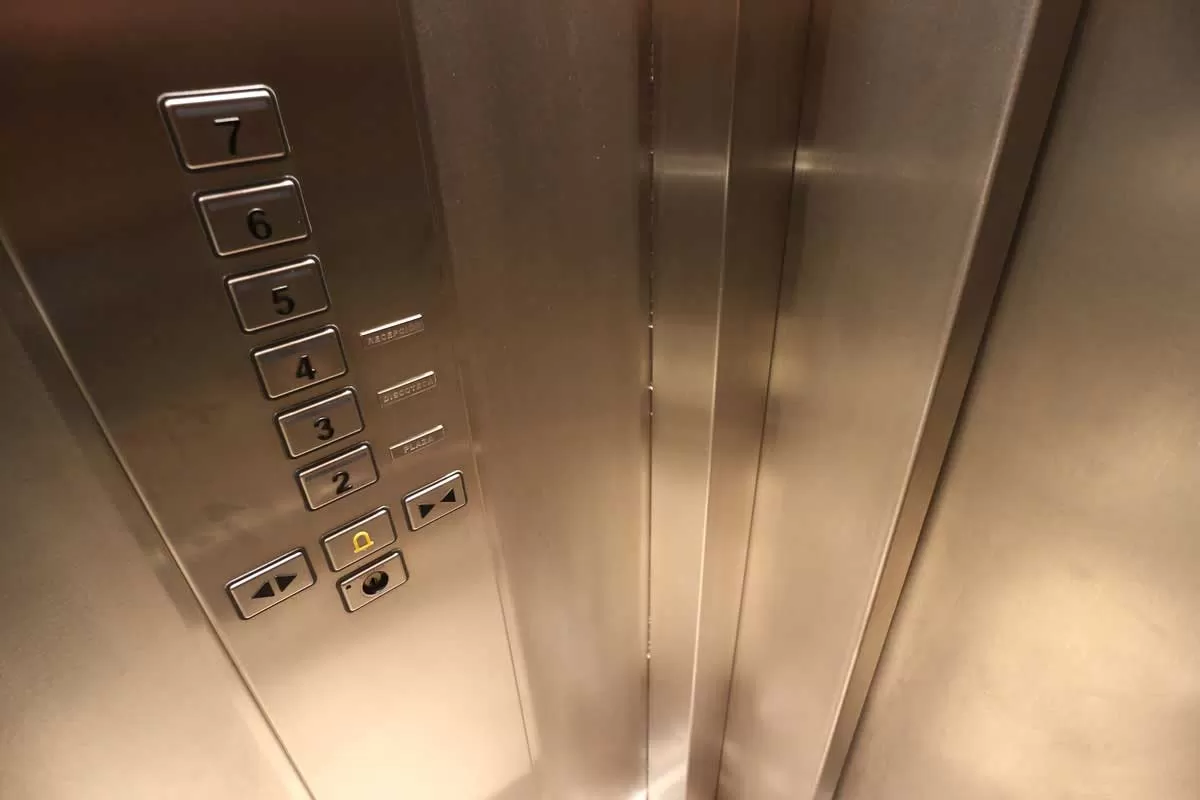
Otis India Wins Elevator Contract for Patna Metro Infrastructure
Otis India has been awarded a major contract to supply, install, and maintain 65 Gen2 Nova elevators for the Patna Metro project—marking a significant stride in Bihar’s infrastructure development and urban mobility transformation. The elevators, to be manufactured at Otis' Bengaluru facility, are equipped with features that enhance accessibility for individuals with reduced mobility. This aligns with the Patna Metro’s emphasis on creating a modern and inclusive public transport system. The Patna Metro, the first of its kind in Bihar, comprises two lines and 26 stations stretching acros..









